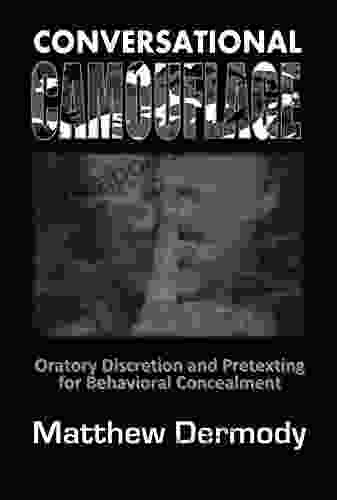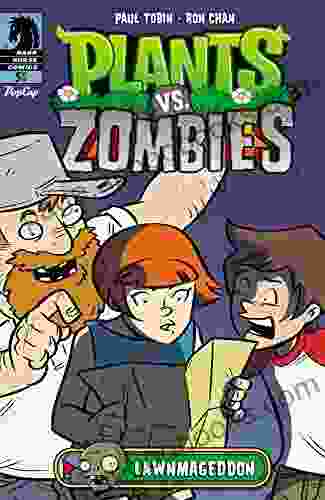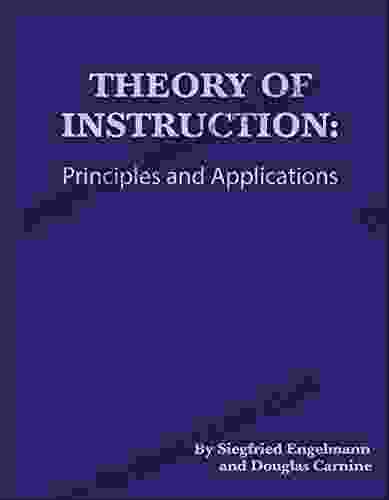Unlocking Educational Excellence: Exploring the Theory of Instruction Principles and Applications

In the ever-evolving landscape of education, the pursuit of excellence remains paramount. The search for effective teaching strategies and learning methodologies has driven educators and researchers alike to explore innovative approaches. Among these, the Theory of Instruction Principles and Applications stands as a cornerstone, providing a solid foundation for creating impactful learning experiences.
The Theory of Instruction: A Foundation for Excellence
Developed by renowned educational psychologist Dr. Robert M. Gagné, the Theory of Instruction proposes a systematic framework for understanding the processes involved in learning. It postulates that learning occurs through a series of hierarchical steps, each building upon the previous ones. By carefully designing instruction that aligns with these principles, educators can optimize learning outcomes and empower students to achieve their full potential.
4.9 out of 5
| Language | : | English |
| File size | : | 7583 KB |
| Text-to-Speech | : | Enabled |
| Screen Reader | : | Supported |
| Enhanced typesetting | : | Enabled |
| Word Wise | : | Enabled |
| Print length | : | 799 pages |
| Lending | : | Enabled |
Key Principles of the Theory of Instruction
- Attention and motivation: Engage learners and stimulate their curiosity to foster a receptive learning environment.
- Apprehension: Present new information in a comprehensible manner, ensuring that learners can grasp the fundamental concepts.
- Acquisition: Provide opportunities for learners to actively interact with the material, solidifying their understanding.
- Retention: Employ strategies to help learners retain information over time, promoting long-term knowledge retention.
- Recall: Evaluate learning outcomes by assessing students' ability to retrieve and apply information from memory.
- Generalization: Encourage learners to transfer their knowledge to new situations, fostering adaptability and problem-solving skills.
Applications in Practice
The Theory of Instruction Principles and Applications extend beyond theoretical concepts into practical implementation. Educators can leverage these principles to create effective lesson plans, design engaging curricula, and establish dynamic classroom environments.
Lesson Planning
By incorporating the principles of attention, apprehension, acquisition, and retention in lesson planning, educators can craft lessons that capture students' interest, present information clearly, and provide opportunities for active learning and consolidation of knowledge.
Curriculum Development
The principles of generalization and recall guide curriculum development. By aligning curriculum components with learning objectives and providing opportunities for repeated practice and application, educators can enhance students' ability to retain and apply knowledge in real-world contexts.
Classroom Management
The principle of attention and motivation can be translated into effective classroom management. By creating a positive and engaging learning environment, setting clear expectations, and fostering student motivation, educators can foster an atmosphere conducive to learning.
Transformative Impact
The transformative power of the Theory of Instruction Principles and Applications has been witnessed in classrooms worldwide. By embracing these principles, educators have witnessed increased student engagement, improved academic performance, and enhanced lifelong learning skills.
Improved Student Engagement
Lessons designed according to the principles of attention and motivation captivate students' interest, making learning an enjoyable and immersive experience. Active learning strategies, such as discussions, group projects, and hands-on activities, further enhance engagement and foster deeper understanding.
Enhanced Academic Performance
The systematic approach of the Theory of Instruction ensures that students master each step of the learning process, building a solid foundation for future学习. By addressing the cognitive processes involved in learning, educators can optimize learning outcomes and prepare students for success in their academic endeavors.
Lifelong Learning Skills
The principles of generalization and recall promote the development of lifelong learning skills. By encouraging students to apply their knowledge in new situations and providing ample opportunities for practice and review, educators empower students to become independent learners who are equipped to navigate the ever-changing world of information.
The Theory of Instruction Principles and Applications is an invaluable resource for educators seeking to unlock educational excellence. By understanding and applying these principles, educators can transform classrooms into dynamic learning spaces where students are empowered to achieve their full potential. The transformative impact of this theory extends beyond academic achievement, fostering a love for learning and cultivating lifelong learning skills that will serve students well into the future.
Call to Action
Embrace the transformative power of the Theory of Instruction Principles and Applications. Join the ranks of educators worldwide who are harnessing these principles to elevate their teaching and empower their students to soar to new heights of academic success and lifelong achievement. Invest in yourself and your students by delving into the comprehensive guide, "Theory of Instruction Principles and Applications," today!
4.9 out of 5
| Language | : | English |
| File size | : | 7583 KB |
| Text-to-Speech | : | Enabled |
| Screen Reader | : | Supported |
| Enhanced typesetting | : | Enabled |
| Word Wise | : | Enabled |
| Print length | : | 799 pages |
| Lending | : | Enabled |
Do you want to contribute by writing guest posts on this blog?
Please contact us and send us a resume of previous articles that you have written.
 Book
Book Novel
Novel Page
Page Chapter
Chapter Text
Text Story
Story Genre
Genre Reader
Reader Library
Library Paperback
Paperback E-book
E-book Magazine
Magazine Newspaper
Newspaper Paragraph
Paragraph Sentence
Sentence Bookmark
Bookmark Shelf
Shelf Glossary
Glossary Bibliography
Bibliography Foreword
Foreword Preface
Preface Synopsis
Synopsis Annotation
Annotation Footnote
Footnote Manuscript
Manuscript Scroll
Scroll Codex
Codex Tome
Tome Bestseller
Bestseller Classics
Classics Library card
Library card Narrative
Narrative Biography
Biography Autobiography
Autobiography Memoir
Memoir Reference
Reference Encyclopedia
Encyclopedia Siegfried Engelmann
Siegfried Engelmann Michael P Spradlin
Michael P Spradlin Seth Hettena
Seth Hettena Ratan Kaul
Ratan Kaul Roni Loren
Roni Loren Susannah Maynard
Susannah Maynard Stephen Murphy Shigematsu
Stephen Murphy Shigematsu Milton Mueller
Milton Mueller Matthew Hattersley
Matthew Hattersley Mark Schuller
Mark Schuller Tricia D Wagner
Tricia D Wagner Michael Morse
Michael Morse Paul Krassner
Paul Krassner Thomas Alter
Thomas Alter Quinn Blackbird
Quinn Blackbird Michael Burgan
Michael Burgan Nduka Okafor
Nduka Okafor Nettrice R Gaskins
Nettrice R Gaskins Robert G Watkins
Robert G Watkins Maude White
Maude White
Light bulbAdvertise smarter! Our strategic ad space ensures maximum exposure. Reserve your spot today!

 Oliver FosterOratory Discretion and Pretexting: The Ultimate Guide to Concealing Your True...
Oliver FosterOratory Discretion and Pretexting: The Ultimate Guide to Concealing Your True... Ricky BellFollow ·17.7k
Ricky BellFollow ·17.7k James GrayFollow ·5.2k
James GrayFollow ·5.2k Haruki MurakamiFollow ·13.1k
Haruki MurakamiFollow ·13.1k Guillermo BlairFollow ·4.3k
Guillermo BlairFollow ·4.3k Bret MitchellFollow ·6.6k
Bret MitchellFollow ·6.6k Isaiah PriceFollow ·6.8k
Isaiah PriceFollow ·6.8k Mark TwainFollow ·15.2k
Mark TwainFollow ·15.2k Benjamin StoneFollow ·13.8k
Benjamin StoneFollow ·13.8k

 Ben Hayes
Ben HayesJourney into the Verdant Realm of "Plants vs. Zombies:...
Immerse Yourself in an Epic Battle for...

 Edward Reed
Edward ReedUnveiling the Allure of Modish Crochet Hats Annie...
In the realm of fashion and...

 Jaylen Mitchell
Jaylen MitchellHalf Moon Bay: An Unforgettable Adventure Awaits in Aj...
Prepare yourself...

 Dan Brown
Dan BrownUnleash the Plant-Powered Apocalypse: Dive into Paul...
Prepare yourself for an epic showdown where...

 Efrain Powell
Efrain PowellStolen Summer: Nora Sommer's Enthralling Caribbean...
Escape to a World of...

 Steven Hayes
Steven HayesPlants vs. Zombies: Lawnmageddon - The Ultimate Battle...
Prepare for the ultimate battle between plants...
4.9 out of 5
| Language | : | English |
| File size | : | 7583 KB |
| Text-to-Speech | : | Enabled |
| Screen Reader | : | Supported |
| Enhanced typesetting | : | Enabled |
| Word Wise | : | Enabled |
| Print length | : | 799 pages |
| Lending | : | Enabled |








